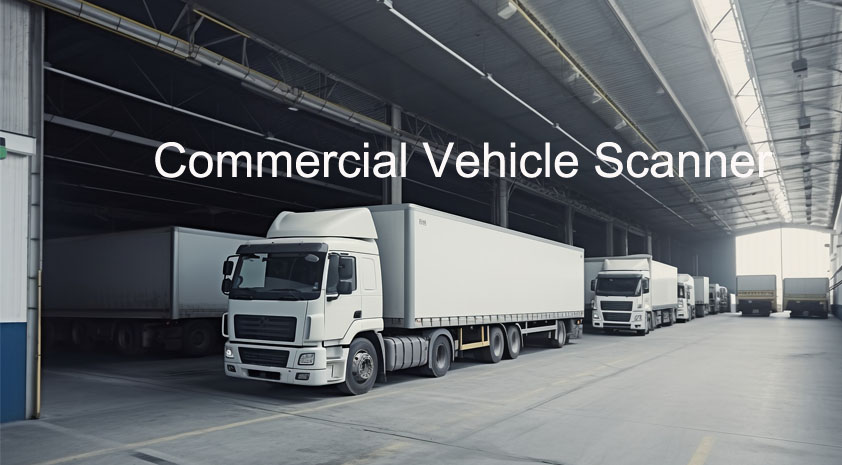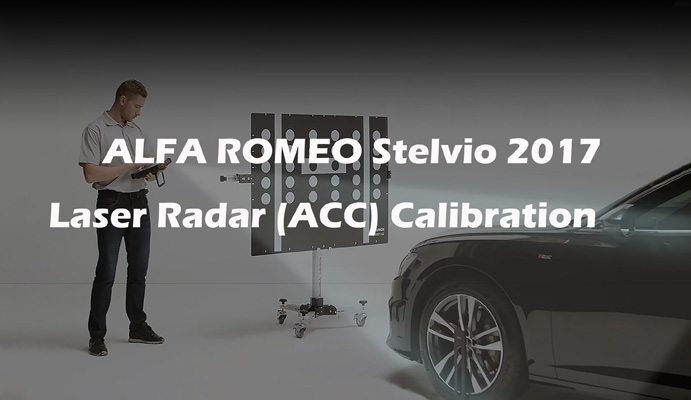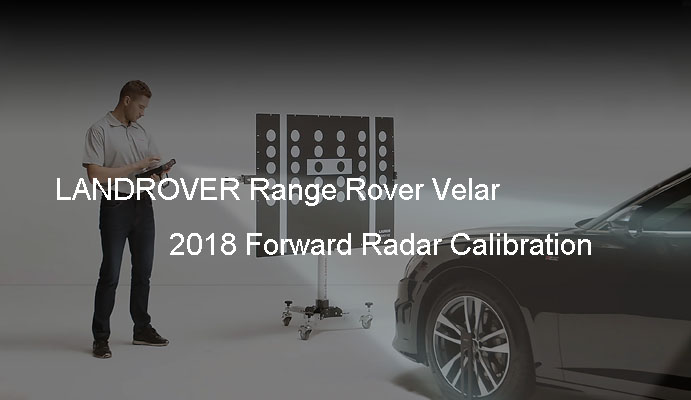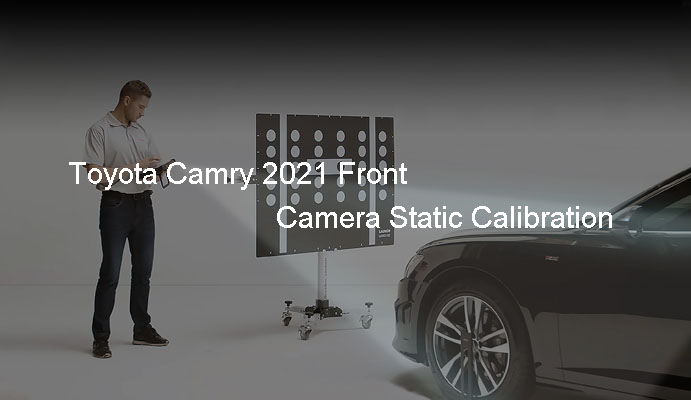A commercial vehicle scanner is a diagnostic tool for advanced diagnostics on commercial vehicles including trucks, buses and other large vehicles used for the transport of goods or passengers. These scanners are designed to diagnose and resolve issues related to a vehicle's engine, transmission, emissions system and other complex systems.
Commercial vehicle scanners are often connected to the vehicle's onboard diagnostic system, which is equipped with sensors and control modules to monitor and manage various vehicle functions. Scanners communicate with these modules to retrieve diagnostic trouble codes (DTCs) and provide information about the vehicle's health and performance.
Commercial vehicle scanners provide a range of features designed to diagnose, monitor and maintain the complex systems of large commercial vehicles such as trucks, buses and other heavy vehicles. Below are some of the key features commercial vehicle scanners typically offer:
① Read and clear codes: The scanner can read diagnostic trouble codes stored in the vehicle. These codes indicate a specific problem or malfunction. The scanner can also remove these codes after the repair is complete.
② Real-time data stream: The scanner can display real-time data from various sensors and systems in the vehicle, enabling mechanics to monitor engine speed, temperature, fuel pressure and other parameters while the vehicle is running.
③ System Test: Some scanners provide the function of performing system test and component activation. This can help diagnose problems by allowing mechanics to test the functionality of different vehicle systems.
④ Specialized functions: Commercial vehicle scanners may include specialized functions for specific vehicle types such as heavy trucks or buses. These features may include advanced diagnostics and adaptations for these vehicles.
⑤ Software updates: Many scanners can be updated with the latest software to ensure compatibility with new car models and to access the latest diagnostic information.
⑥ Reporting and data storage: Some scanners can generate diagnostic reports and store data for future reference. This is great for tracking a vehicle's maintenance history.
⑦ User-friendly interface: Scanners are often equipped with a user-friendly interface that guides the mechanic through the diagnostic process, making it easier to interpret the results and make informed repair decisions.
In some cases, advanced commercial vehicle scanners can provide remote diagnostic capabilities to diagnose and troubleshoot problems even when a mechanic is not on site with the vehicle. Commercial vehicle scanners are essential tools for fleet management and maintenance, and together these features help mechanics, technicians and fleet managers efficiently maintain and manage commercial vehicles, ensuring their reliable performance, safety, compliance and longevity.

Due to the particularities and requirements of commercial vehicles, commercial vehicle scanners play a vital role in the maintenance and maintenance of commercial vehicles. Here are the reasons why commercial vehicle scanners are important for maintaining commercial vehicles:
① Efficient fleet management: Scanners are able to remotely monitor the health and performance of each vehicle, plan maintenance schedules and allocate resources efficiently. Efficient management is critical for businesses that rely on commercial vehicle fleets.
② Diagnose the problem in time: Long-time driving and heavy load will cause a lot of pressure on the components of the car. Diagnosing problems in a timely manner helps prevent minor problems from escalating into major failures.
③ Keep the vehicle normal and reduce costs: Regular diagnosis of the scanner helps prevent accidents, which can reduce downtime, keep the vehicle running normally, and avoid expensive maintenance costs for the enterprise due to vehicle downtime and repairs.
④ Complex systems and components: Compared with ordinary passenger vehicles, commercial vehicles such as trucks and buses usually have more complex and specialized systems. These systems include heavy-duty engines, advanced transmissions, emissions controls and dedicated braking systems. Equipped with commercial vehicle scanners to diagnose problems in these complex systems.
⑤ Diverse applications and loads: Commercial vehicles have a wide range of applications, from transporting goods to carrying passengers. These different use cases result in different wear patterns for the vehicle. Scanners can help identify issues specific to each vehicle application, allowing for targeted maintenance.
⑥ Optimizing performance: Diagnostics using scanners and proper maintenance can ensure the latest performance of commercial vehicles. This improves fuel efficiency, reduces emissions and improves the overall performance of the vehicle.
⑦ Real-time data formulate strategy: The commercial vehicle scanner provides real-time data parameters of the vehicle during the scanning process. This data helps technicians make decisions about repair and maintenance strategies.
⑧ Extend the service life of the vehicle: Regular use of the scanner can detect and solve vehicle problems early, which helps to extend the service life of the vehicle. Commercial vehicles are a significant investment for a business, so extending the life of commercial vehicles is especially important.
⑨ Increased safety: Regular and good maintenance is safer for both drivers and the public. Scanners help detect safety-related issues such as braking issues, suspension failures and steering failures that could lead to accidents if not addressed.
In summary, the intricate nature of commercial vehicle scanners, their specialization in handling complex systems, extensive usage demands, and the paramount significance of operational dependability collectively establish commercial vehicle scanners as an inconspicuous yet essential maintenance instrument. They help extend vehicle life, optimize performance, reduce costs, enhance safety and support efficient fleet management in a highly competitive industry.
Commercial vehicles and domestic vehicles differ in size, purpose and technology, so the diagnostic tools used for them will also have some differences in design and function. Here are some possible differences between them:
① Applicable models and scales:
-Commercial vehicle diagnostic tools are mainly used in large commercial vehicles such as trucks, buses, and transport vehicles. These vehicles are often used for cargo transport or passenger service, so their technical requirements can be more complex.
-Household car diagnostic tools are used in small household vehicles such as sedans, SUVs and minivans. These vehicles are typically used for daily commuting and personal use.
② Complexity of technology:
- Commercial vehicles typically have more complex engines, drivetrains and emissions systems. Therefore, commercial vehicle diagnostic tools may need more powerful capabilities to detect and diagnose these complex systems.
- Home car diagnostic tools may focus more on common engine, transmission and suspension issues.
③ Updates and Compatibility:
- Due to the rapid development of vehicle technology, diagnostic tools need to be updated regularly to support new models and systems. Both commercial vehicle diagnostic tools and home vehicle diagnostic tools need to maintain compatibility, but commercial vehicles may be updated more frequently.
④ Load capacity and robustness:
- As commercial vehicles are larger and have higher load-carrying capacity, commercial vehicle diagnostic tools may require stronger housings and connections to withstand harsh operating environments.
-Home car diagnostic tools can be more portable as they are typically used indoors and do not have to deal with similar challenges.
The above are just some possible differences. The actual situation will vary according to the manufacturer and market demand. Technology may change over time, so check the latest sources for details on diagnostic tools for commercial and domestic vehicles.
Return


